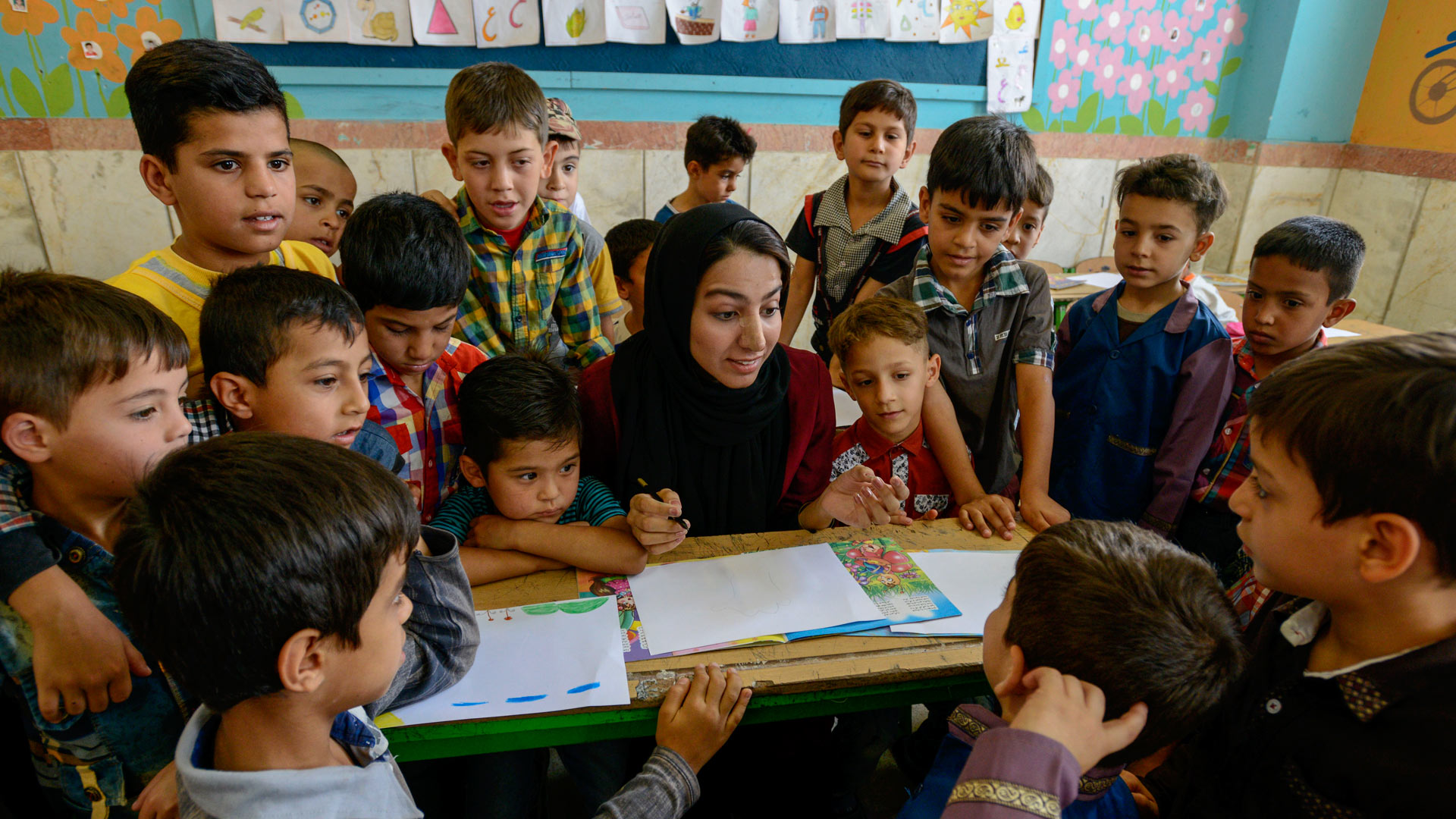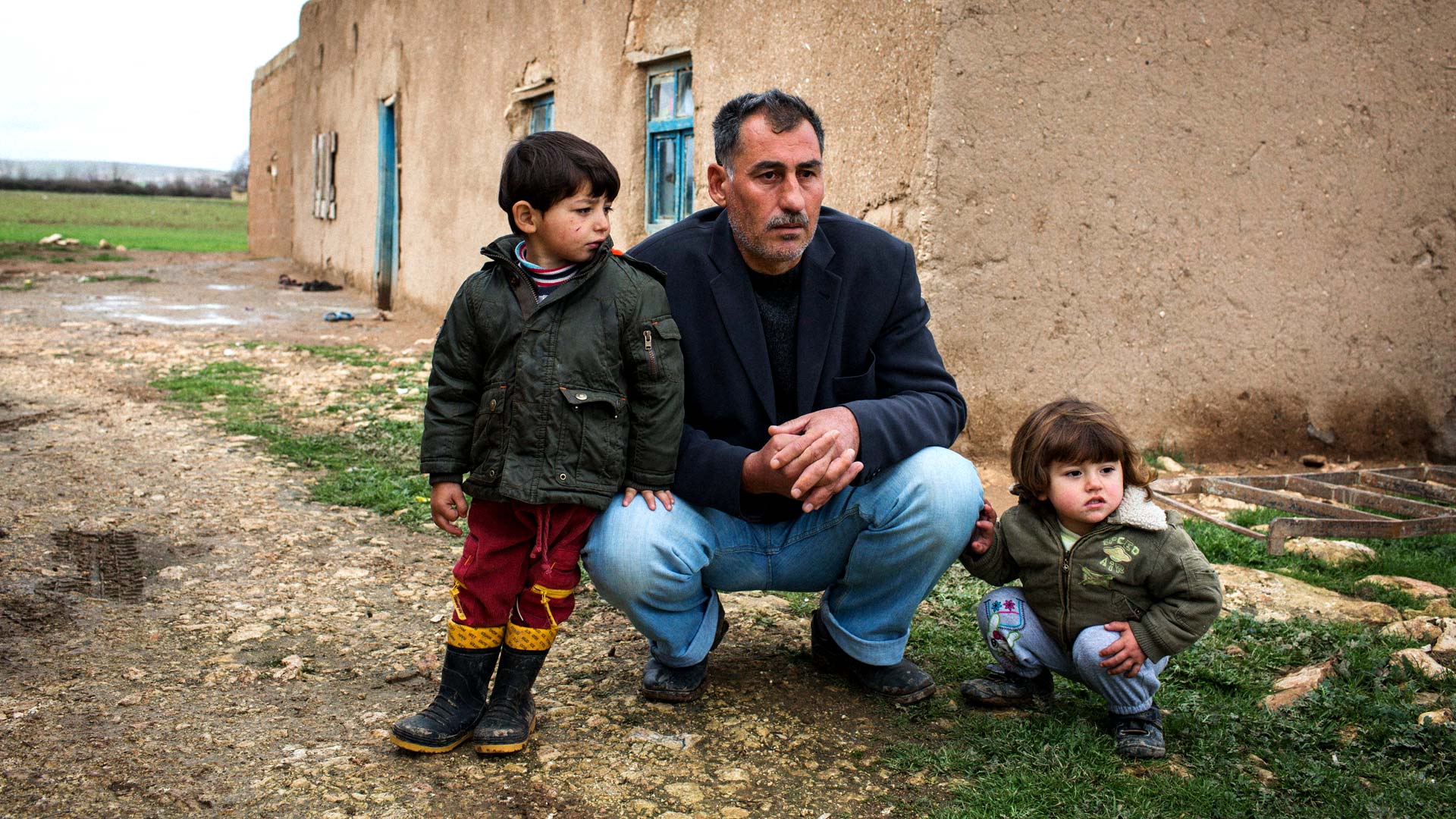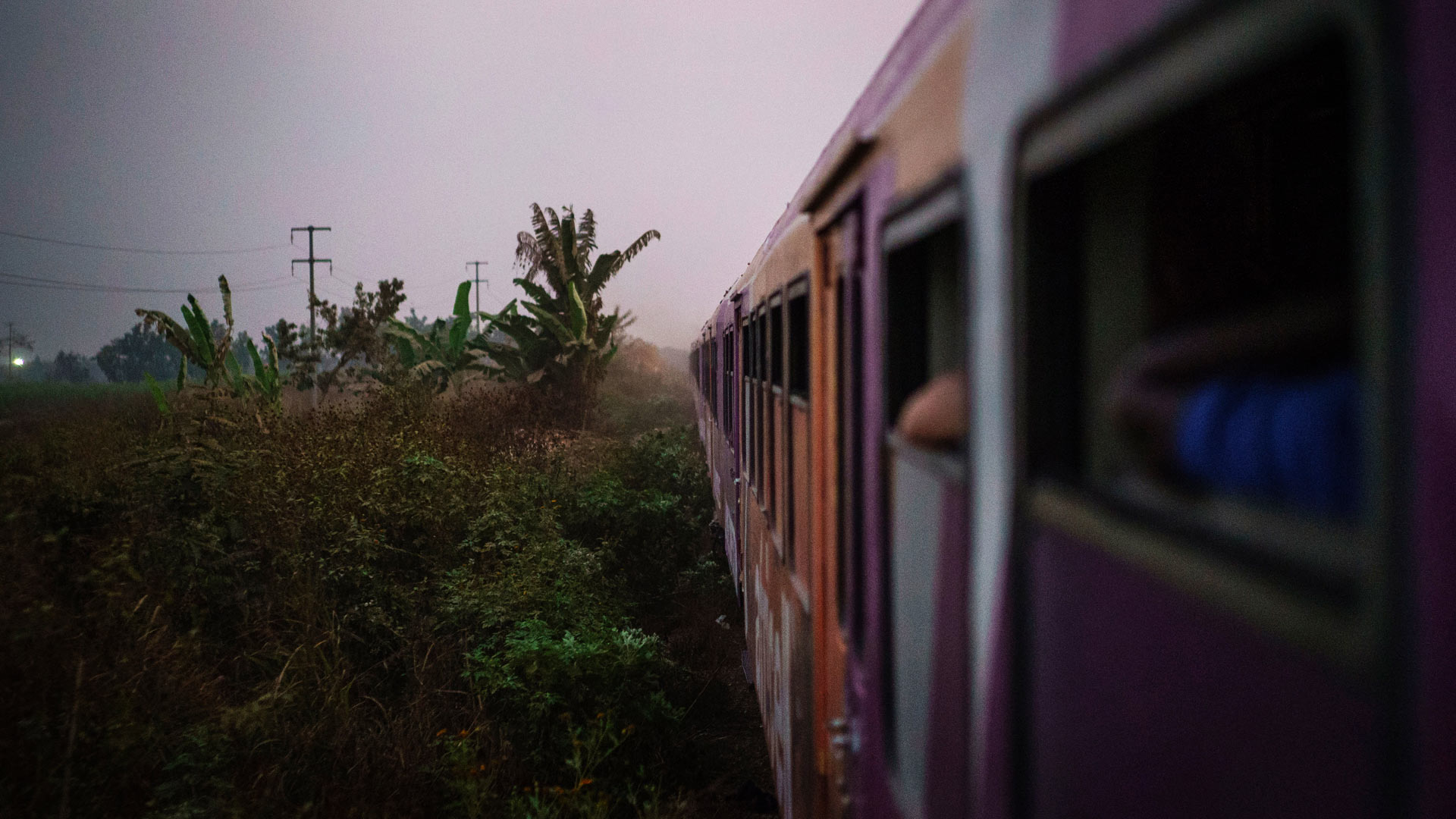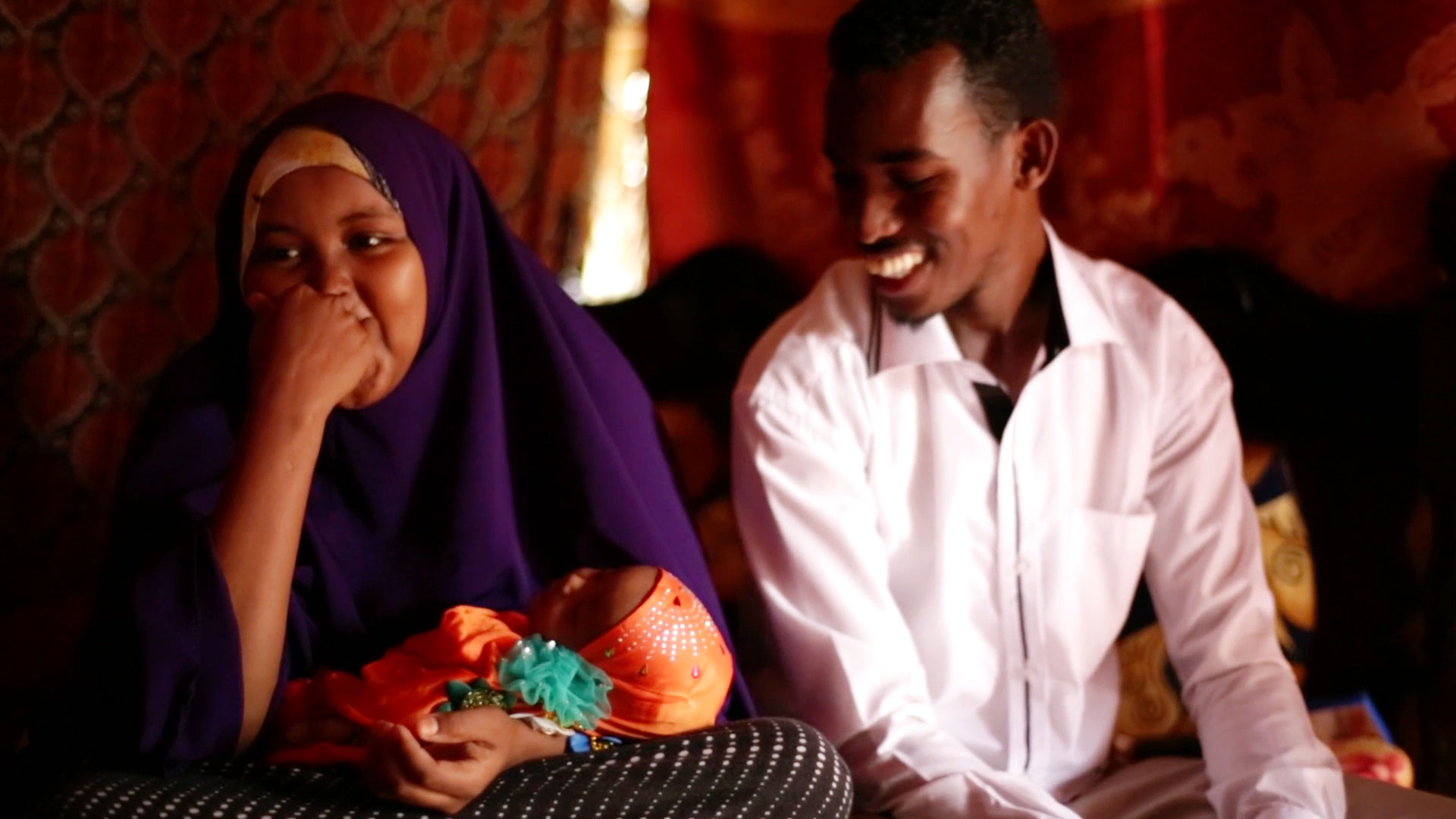Working group for Africa returns to be set up
Working group for Africa returns to be set up

GENEVA, March 8 (UNHCR) - The UN refugee agency has been tasked with setting up a working group to support the return and reintegration of millions of refugees in at least nine African countries, a move that could bring the continent a step closer to ending some of its most protracted refugee situations.
The decision was taken at the end of Monday, the first of the two-day Dialogue on Voluntary Repatriation and Sustainable Reintegration in Africa. Sponsored by UNHCR, the Geneva meeting gathered delegates from some 60 countries, including senior government officials from throughout Africa, donor states and representatives of international organisations.
High Commissioner Ruud Lubbers opened the meeting with optimism that efforts at peace and conflict resolution in Angola, Burundi, the Democratic Republic of the Congo, Eritrea, Liberia, Rwanda, Somalia, Sierra Leone and Sudan could pave the way home for up to 2 million refugees and several million more internally displaced persons (IDPs) in the next few years. These could prove to be some of the biggest return movements in Africa in nearly a decade.
"Primary responsibility rests with the governments of the affected countries to ensure that the political, security, legal, social and economic conditions continue to develop in the right direction," said the High Commissioner.
Many of the speakers echoed this view, stressing that the regional effort must be led by the African countries themselves, and that social and economic reintegration was often the most delicate period in any peace process because mistakes can have disastrous consequences.
At the same time, said Lubbers, donor governments must help African states build on home-grown peace initiatives that now promise to end some of Africa's longest-running wars.
"We have a common responsibility to ensure that the seeds of peace and development which have been sown in Africa are given the opportunity to grow," said Lubbers. "Given the enormous potential in Africa for resolving long-standing conflicts, consolidating peace and putting an end to protracted refugee and IDP situations, I believe now is the time for the international community to unite in lending its full support to this process."
He stressed that it was crucial for African states to work closely with relief and development organisations to ensure that refugee and IDP returns are successful and sustainable.
Too often, international attention to post-conflict societies lags once refugees have returned home, noted the High Commissioner, who called for aid agencies and governments to help break cycles of dependency through targeted development programmes that help communities absorb returnees.
Agreeing with him, many of the speakers called for sustained and closely coordinated international support for the entire repatriation, reintegration, rehabilitation and reconstruction process in war-torn African societies as the best way of ensuring that refugees and displaced people can go home and stay home.
"Resettlement and reintegration need to become part and parcel of country development strategies, in an all-inclusive setting with a clear focus on entire communities," said the European Commissioner for Development and Humanitarian Aid, Poul Nielson, one of the keynote speakers at the meeting.
Julia Taft, Assistant Administrator of the UN Development Programme, said a collaborative and comprehensive approach was possible "because the bureaucratic walls have come down."
Over the next few weeks, UNHCR will work with permanent missions in Geneva on the composition and initial focus of the high-level working group to follow up on the meeting's recommendations.
Consisting of African states, other interested governments, UN agencies, the African Union and non-governmental organisations, the group will help African states manage the repatriation and reintegration process, with a special focus on the rehabilitation and reconstruction aspects.
A similar high-level working group was set up in the early 1990s to focus international efforts and attention on the unfolding crisis in the countries of the former Yugoslavia and remained working for more than a decade.









